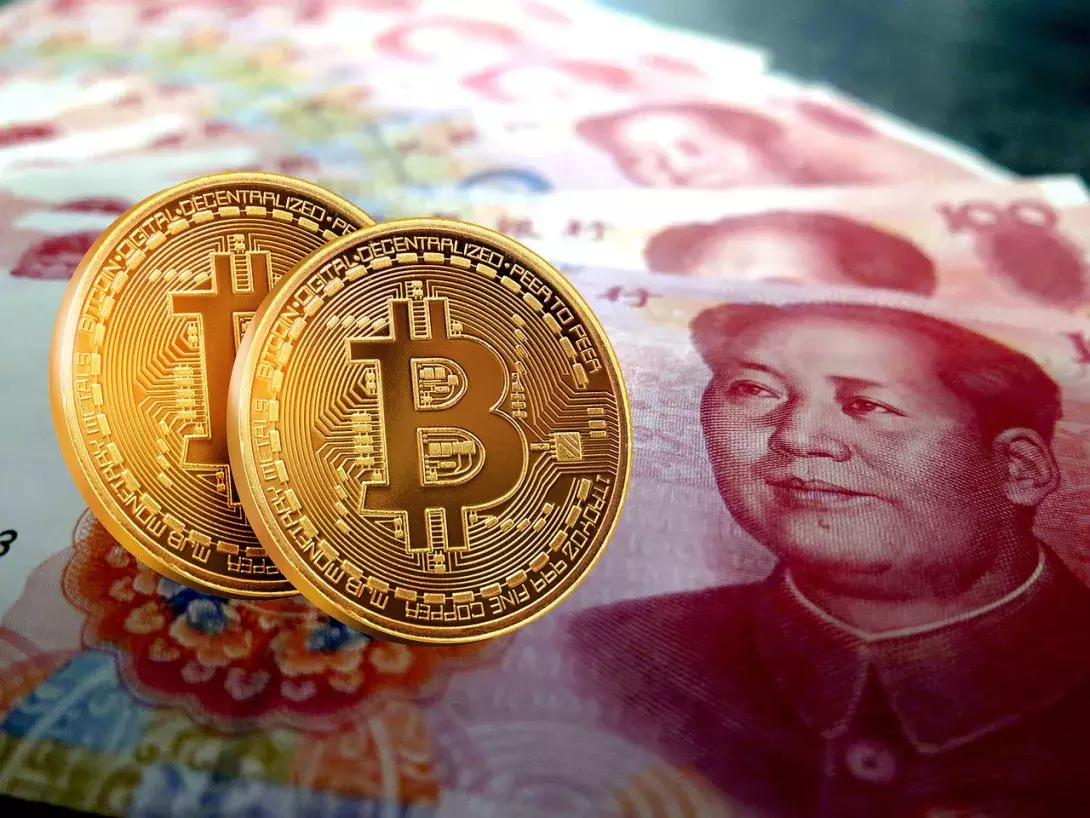Latest news about Bitcoin and all cryptocurrencies. Your daily crypto news habit.
By Nigel Green
As China’s economy faces increasing pressure, with industrial output growth slowing to a five-month low in August and retail sales and home prices weakening, the possibility of an aggressive $1.4 trillion stimulus package is gaining traction.
While this massive intervention is intended to shore up the country’s economy, its ripple effects could extend far beyond its borders.
One of the more interesting and potentially profound beneficiaries of this move could be Bitcoin.
The second-largest economy in the world is intricately tied to global markets. A slowdown in China has far-reaching consequences for international trade, commodities, and currencies.
Should Beijing inject $1.4 trillion into the economy, it would effectively be a significant push toward stabilizing not only domestic economic performance but also global market sentiment.
Stimulus packages typically result in increased liquidity, which finds its way into various asset classes. Traditionally, the primary benefactors of such stimulus have been stock markets and commodities.
However, in recent years, there’s been a growing trend of liquidity flooding into alternative assets, especially Bitcoin. With inflation concerns persisting and trust in fiat currencies gradually eroding, large stimulus measures increasingly drive investors toward decentralized and deflationary assets like Bitcoin.
Currency devaluation
Massive economic stimulus, while often necessary, carries the inherent risk of currency devaluation.
China’s potential $1.4 trillion stimulus, primarily aimed at propping up manufacturing, infrastructure, and real estate, could result in a weakening of the Chinese yuan.
Historically, when central banks flood the market with fiat currency, the value of that currency tends to decrease due to inflationary pressures.
Bitcoin, being a deflationary digital asset, is often viewed as a hedge against such devaluation.
Its fixed supply of 21 million coins ensures that, unlike fiat currencies, it cannot be debased by governments or central banks. As the yuan faces potential downward pressure, Chinese investors may increasingly turn to the crypto as a store of value.
This trend could mirror the response of individuals and institutions during times of similar economic instability in other parts of the world, such as Argentina or Turkey, where Bitcoin adoption surged amid currency crises.
A flood of liquidity tends to create speculative fervour, and Bitcoin has historically been a prime target for this kind of activity.
During previous rounds of quantitative easing (QE) and stimulus injections - such as the Federal Reserve's QE programs in the United States - markets experienced a surge in risk assets.
Bitcoin, known for its speculative appeal, tends to attract a significant portion of this liquidity, as investors seek higher returns in an environment where traditional assets may offer diminishing returns.
Furthermore, China, despite Beijing’s stringent regulations on crypto trading, remains a significant player in the global Bitcoin market.
Chinese retail investors and miners still hold substantial sway in the Bitcoin ecosystem. Should liquidity injections in China boost retail investor sentiment, there’s a high probability that a portion of this newly available capital will flow into Bitcoin, driving up demand and, consequently, prices.
In addition, the narrative of Bitcoin as ‘digital gold’ continues to strengthen as the asset matures.
In times of economic uncertainty or potential fiat debasement, the world’s largest cryptocurrency increasingly acts as a safe-haven asset.
China’s potential economic instability - despite the potential stimulus - could prompt more global investors to allocate capital to Bitcoin, which would further push up its price.
I fully expect that China’s potential $1.4 trillion stimulus would be a pivotal moment for Bitcoin.
As liquidity floods the market and fears of currency devaluation rise, Bitcoin’s appeal as a deflationary, decentralized asset is likely to grow.
Author Bio
Nigel Green is deVere Group CEO and Founder
Disclaimer
The views and opinions expressed in this article are solely those of the authors and do not reflect the views of Bitcoin Insider. Every investment and trading move involves risk - this is especially true for cryptocurrencies given their volatility. We strongly advise our readers to conduct their own research when making a decision.
